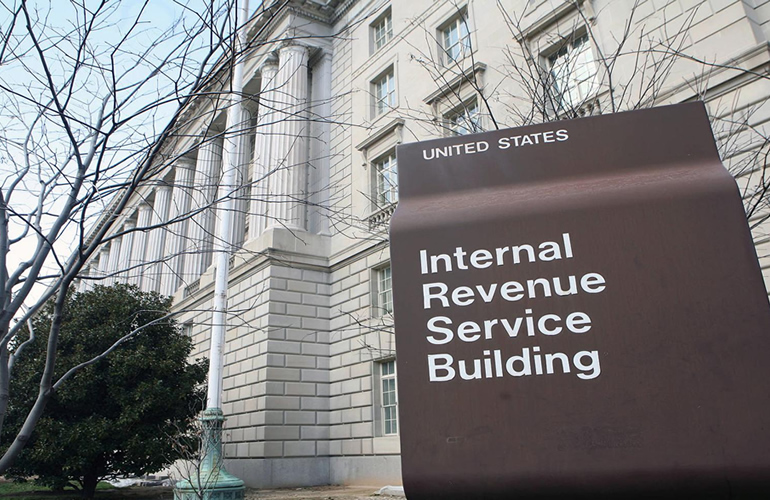Traveling around the world to new locations is an incredible experience. You get the chance to learn about other cultures and see some of the world’s greatest attractions. However, there are some things about which you should be careful when traveling. SmarterTravel recently released a list of the seven most common travel scams worldwide, and identity made the list at number three right behind distraction theft and false petitions. Some of the other dangers, including regular theft, police officer impersonators, online booking schemes and false petitions could also be a front for criminals looking to conduct identity theft.
Any scheme involving someone taking your personal information, such as stealing your wallet, hacking your computer in an unsecured WiFi network, fake ATM machines, or simply asking for your information by pretending to be someone whom you would trust, such as a police officer, travel agent or organization asking you to sign a petition, puts you at risk of having your identity stolen. A savvy traveler knows how to protect him or herself without sacrificing any of the excitement of the trip. If you are unsure how to reduce your risk of falling victim of ID theft during your travels, the following safety tips provide a good starting point.
Know Your WiFi Security
Always use trusted, secure WiFi networks while you travel, even if you are simply looking up an address. If you have to use an open network, try not to use it to look up any sensitive information, such as bank account information, email, or social media. If you do, log out of them immediately when you are done and only use websites that are encrypted. The free WiFi in public areas makes your phone, tablet or computer extremely vulnerable, since it does not take much tech know-how to hack a device over an unsecured network. Any shared computers are likewise a threat, so it is important that you ensure you have completely logged out of any accounts you visit while you use a shared computer and delete any cookies or history before you finish.
Lock Your Devices
If you do not usually use a passcode, fingerprint, or some other secure login for your computer, tablet, and/or smartphone, then you should do so for your trip. Avoid easily detected passwords, such as your birthday or “1234.” To retain the security of the device, regularly change it. There is so much information in smartphones and tablets, as well as your computer, that it is essential you protect the information as much as you can in case it is stolen or someone tries to look at it while you aren’t looking.
Do Not Give Out Your Address or Phone Number
When you travel, it is important to avoid giving out your phone number, address and other personal information. You will most likely have to provide this information to your airline and hotel, which is generally safe as long as you use a reputable company and are dealing with an official representative or website when you do so. Otherwise, you should be wary of providing your information, as someone could use it to conduct a scam in the future to try to get other information, such as your bank account number or credit card, to then use it for fraudulent purposes.
Use Cash As Often As Possible
One way to reduce the risk of someone stealing your credit card information is simply by paying for everything using cash. When you withdraw cash from your account, be sure that you do so with an ATM at a bank branch, as this will be more secure and reduce the risk someone will steal your information. Additionally, you should only carry the items you need, in addition to the cash. This means leave some of your credit cards, passport, and other IDs at the hotel, as long as it is in a secure location such as the safe. Otherwise, you should invest in one of the pouches that hold your important documents that you wear underneath your clothes. Before you leave for your trip, go through your purse and/or wallet and take out any credit cards, library cards, discount cards and anything else that you do not need on your trip.
When you get home from your trip, there are still some things you can do to reduce your risk of becoming a victim of ID theft. First, you should change all your passwords, debit and credit card PINs and similar information. That way, if this was stolen, the thieves will no longer be able to access your accounts. Additionally, you should monitor your bank accounts closely, if you normally do not. This will help you to find any fraudulent charges right away. Taking a bit of care reduces the worry of becoming a victim of identity theft while you travel and when you come home. You may also want to use ID theft protection services for extra security.













